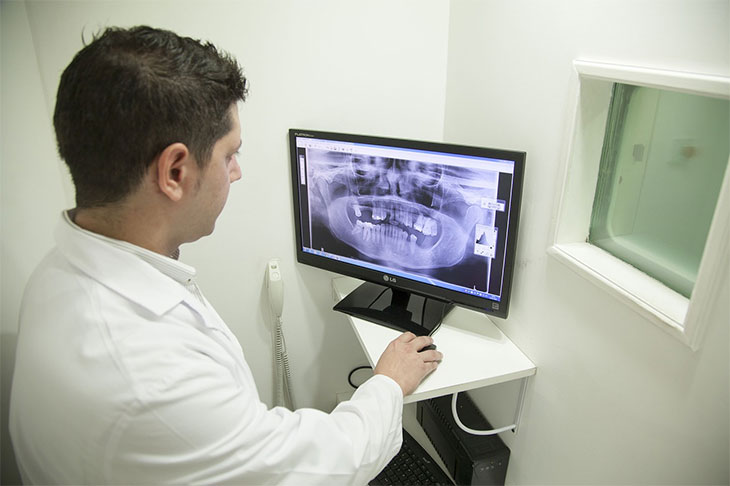Many types of nurses provide healthcare in a variety of different settings. If you think that nurses only work in hospitals, you haven’t even scratched the surface of the nursing profession. Some nurses work at outpatient or specialized facilities or even travel to provide their skills wherever they are needed. Start learning about the major types of nurses if you want to discover an answer to the question “What kind of nurse should I be?”
One of the best things about the nursing profession is that basic training and experience with direct patient care can prepare you to pursue almost any position in which you think you might excel. The experience you gain can help you attain seniority or move on to a particular specialization. Read on to learn about eight general types of nurses that you might consider becoming.
1. Nurse Practitioner
An NP is a licensed autonomous clinician that works directly with patients to provide care and manage health issues. An NP is often an advanced practice registered nurse with a specialization in a particular patient population or health condition. NPs can diagnose patients, follow up on courses of treatment, and collaborate with other medical professionals.
2. Registered Nurse

An RN holds a nursing diploma and has passed the National Council Licensure Examination for RNs. An RN is a typical answer to the question, “what kind of nurse should I be?” Yet, RNs work in a variety of different settings depending on their specialization including critical care, emergency rooms, intensive care units, labor and delivery, neonatal intensive care, or home care. The services and procedures that an RN is qualified to perform depend on standards set by regulatory state or national bodies.
3. Licensed Practical Nurse

An LPN provides basic medical care, including basic tests at the start of an appointment. An LPN can discuss health care with patients for the purpose of updating medical records or reporting their status to other nurses or doctors. LPNs must complete an accredited nursing program and obtain a license by passing the NCLEX-PN exam.
4. Advanced Practice Nurse

An APN or advanced practice registered nurse provides standard patient care in addition to specialized health care. APNs or APRNs interface with patients, families, doctors, and the public. Any advanced training they have over a standard RN enables them to make different types of decisions and express their expertise in diagnosis and care plan evaluations.
5. Nurse Case Manager
A nurse case manager or case management nurse is responsible for coordinating a long-term care plan for patients. Nurse case managers tend to work with patients living with chronic conditions such as cancer or HIV/AIDS. Ask yourself “What kind of nurse should I be?” If the answer is one that is invested in long-term patient care, you may want to pursue a career as a case management nurse. Depending on your training, you may also specialize in managing geriatric or pediatric cases. A nurse case manager works with insurance companies to ensure that patients maintain access to quality care.
6. Operating Room Nurses

An OR nurse, also known as a perioperative nurse, works in an operating room with patients being prepared for surgery. These positions involve direct patient care under relatively stressful situations. OR nurses must hold at least an Associate Degree in Nursing, if not a Bachelor of Science in Nursing. Aspiring OR nurses may need to complete an internship and will require various certifications based on their tasks in the operating room and level of education.
7. Staff Nurse

Staff nurses are employed in a variety of different settings such as critical care, outpatient, psychiatric, or rehabilitation centers. Staff nurses may be responsible for supervising RNs or LPNs at these facilities, depending on their level of seniority and experience. Many staff nurses are also certified registered nurses with areas of specialization that qualify them to work in particular facilities.
8. Nurse Supervisor

A nurse supervisor or nurse manager oversees a staff of nurses. Nurse supervisors are often tasked with recruiting, monitoring, and retaining nurses. Staff nurses may also provide nursing services to patients when necessary. If you have gained some experience in direct patient care, you might consider seeking a nurse supervisor position.
There are many types of nursing positions and numerous specializations under each of these main branches of the nursing profession. Depending on the degrees you hold or are seeking and your professional goals, you can advance to a leadership position in almost any type of nursing. This guide is intended to provide a broad overview of answers to the question “what kind of nurse should I be?” It is a good idea to set goals for obtaining skills and experience that will enable you to pursue any path in the nursing profession that suits your aspirations, knowledge, and strengths.

